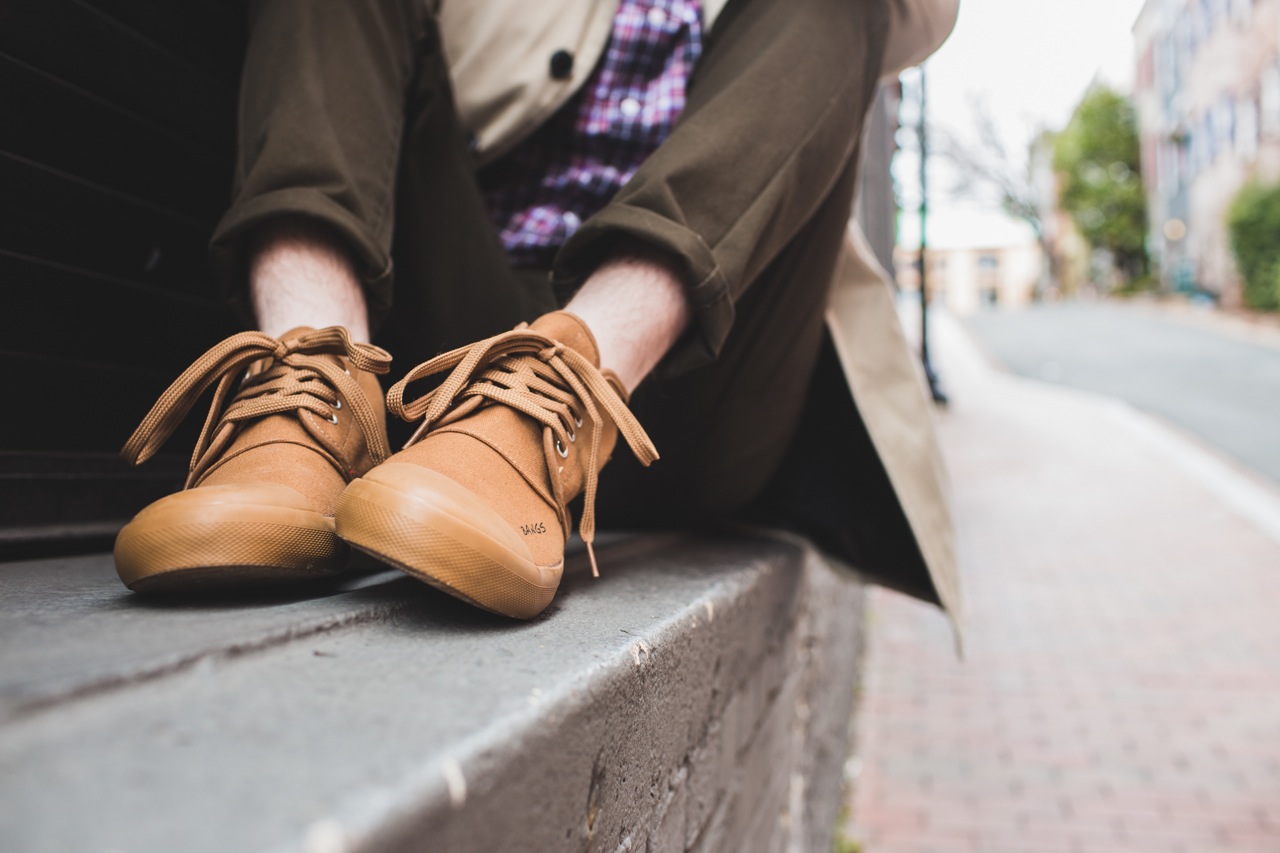Sometimes even the most unconventional jobs lead you down the path you’re meant to follow. During an experience teaching English in China, the Clemson University grad Hannah Davis came across Chinese migrant workers and farmers who were wearing an army style shoe.
She was inspired to put together a shoe line with a social responsibility bent. Without a formal business degree, Hannah launched BANGS Shoes in 2010 with a vision to “create positive, sustainable change.”
The founder said that one of the most important business decisions she’s made to this date was choosing to partner with nonprofit Kiva to invest in the creation of other businesses. In fact, BANGS Shoes invests 20 percent of their net profits each month into hand-selected Kiva entrepreneurs.
For this Member Spotlight, we chatted with this young, inspiring entrepreneur to discuss her shoe line, how to recover from mistakes, and why help is necessary for any startup.
Oddly enough, I don’t see myself as a founder of a shoe company. When I conceptualized BANGS Shoes, I was a 22-year-old teaching English in China. I had a vision for an organization made up of individuals who are positive and want to help other people. I knew that starting a shoe line was the one thing that was going to be the vehicle to support our ideology and bring us together.
BANGS means “help” in Mandarin because each BANGS Shoes purchase helps people start businesses. Every month, we invest in entrepreneurs both domestically and abroad.
My initial vision for BANGS has remained the same, but the road map to get there has changed significantly. My partners and I want to build a sustainable, successful business, so we’re constantly innovating to appeal to a perpetually changing consumer market. And no matter how good intentions may be, our vision is supported by sales, and for the most part, consumers are skeptical, jaded, and fickle (myself included). You can tell someone you want to “do good,” but people will start to look for your angle, especially here in New York City. Finding a way to remain authentic is not easy.
As an entrepreneur, recovery is important, especially when you’re making mistakes. You have to forgive yourself quickly and keep going, or else your emotions will debilitate progress. I think my biggest screw up happened in my first year when I trusted someone in China with a lump sum of money and they turned out to be a complete fraud. I was able to recover by a huge stroke of luck. I met my first business partner George and his wife Gail, while I was bartending.
Someone told me to carry as much of the business by myself for as long as possible. I did this for a while, but the moment I identified my weaknesses and started asking for, BANGS started progressing more quickly. Find people who are stronger in in aspects of your business where you are not. Finding my business partners, who are now part owners of the company, was the first step in a series of steps to realizing that asking for help is a great thing.
There are no ground rules as a young entrepreneur. Without formal training, you don’t know the “best practice” and there’s no learned theory behind why you should or shouldn’t do something. You just read the situation, ask a boatload of questions, make a judgment call, and hope for the best.
Photo credit: Bang






